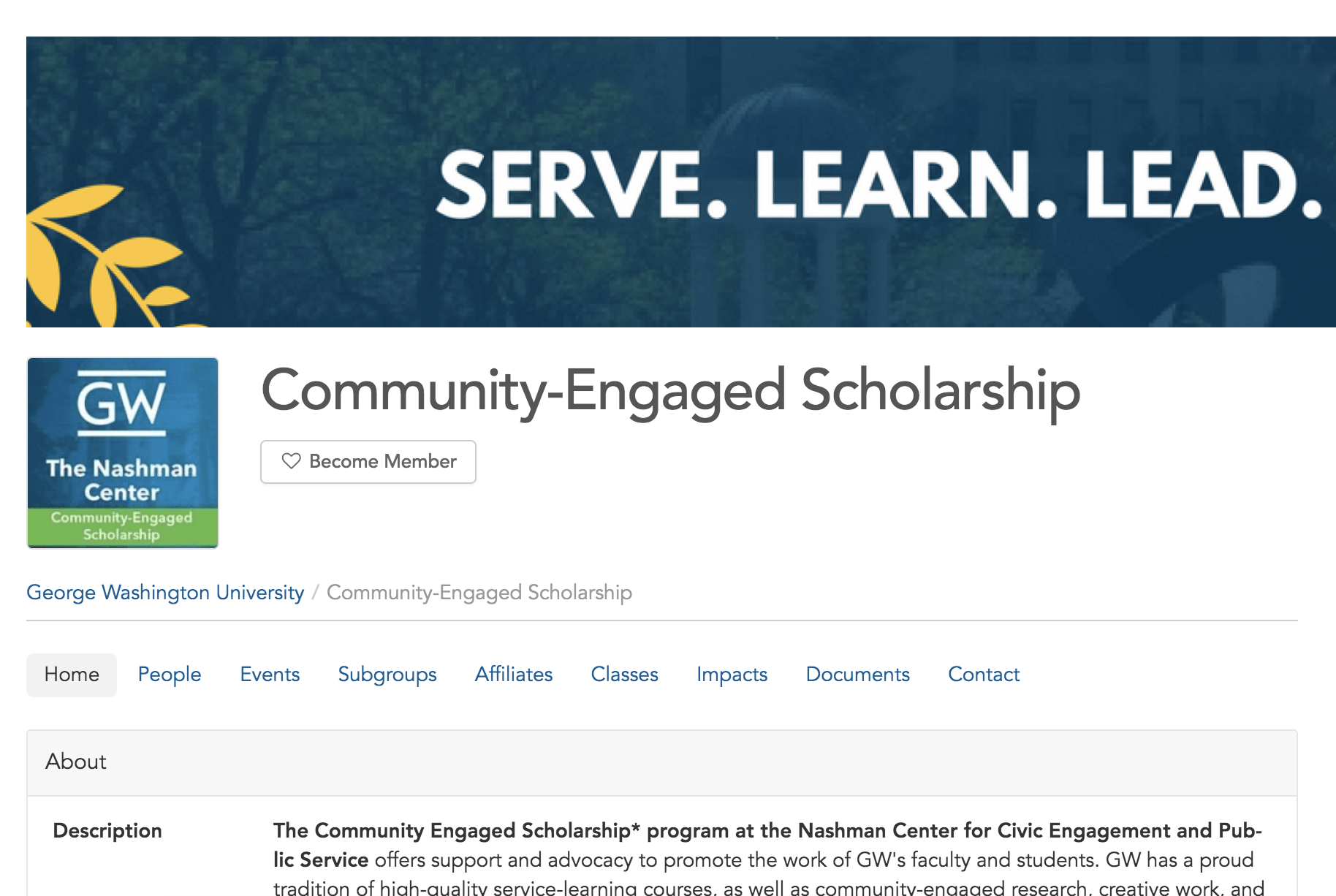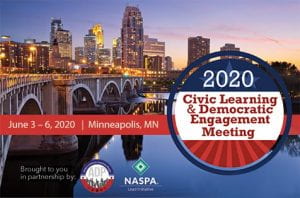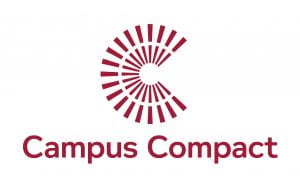
The Center for Information & Research on Civic Learning and Engagement (CIRCLE) launched a program called ‘Growing Voters’ which aims to not only engage 18-19-year-old voters around election time, but give them a comprehensive election education, starting at an early age. It found that “... we’re missing an opportunity to instill civic habits early in life and to tackle disparities in access before they become harder to address...” CIRCLE hoped this effort would reduce the voting gap between this block and the rest of the ‘youth’ (18-29) voters.
CIRCLE found that facilitative voting and early registration policies can be beneficial in increasing the youth vote, a specific example being online voter registration. Another possibility is to allow youth to be involved in and inform the election process, such as through serving as election judges or poll workers. A robust and required civics education can greatly increase voter turnout among youths.
Colorado and Nevada are two states that have done a particularly good job at implementing many of these measures while having competitive elections, and as such have among the highest youth voter turnouts.
To read the full article published by CIRCLE, click here






